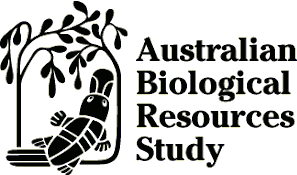Australian Tropical Rainforest Plants - Online edition
Passiflora edulis Sims
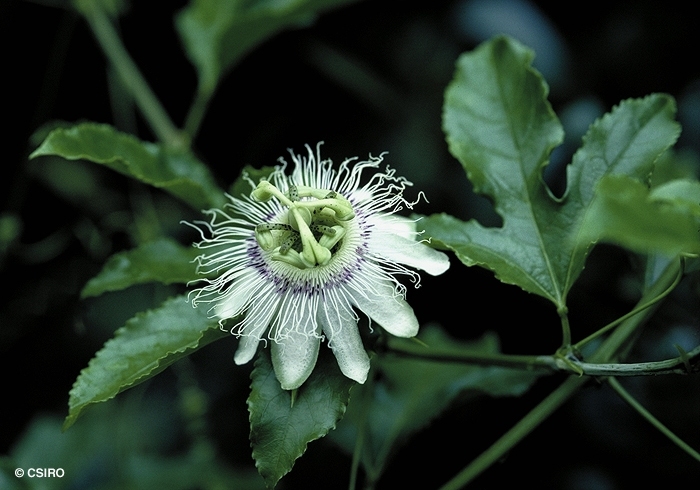
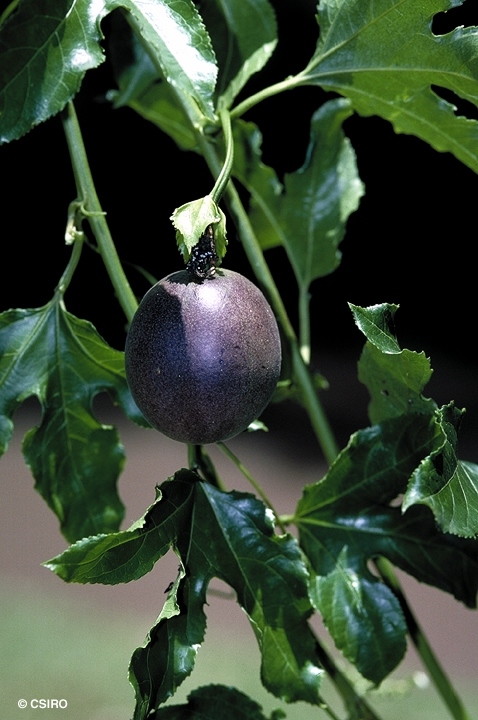
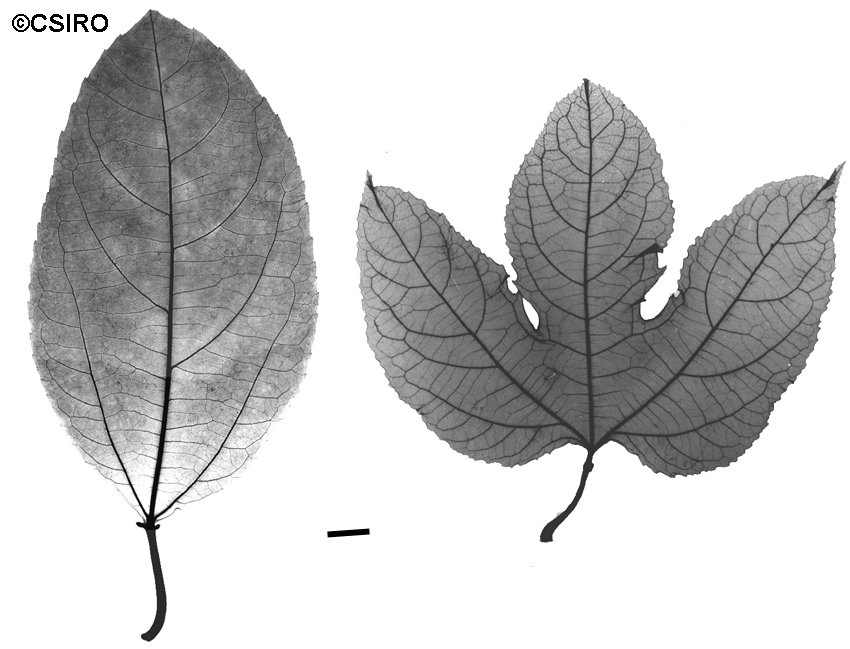
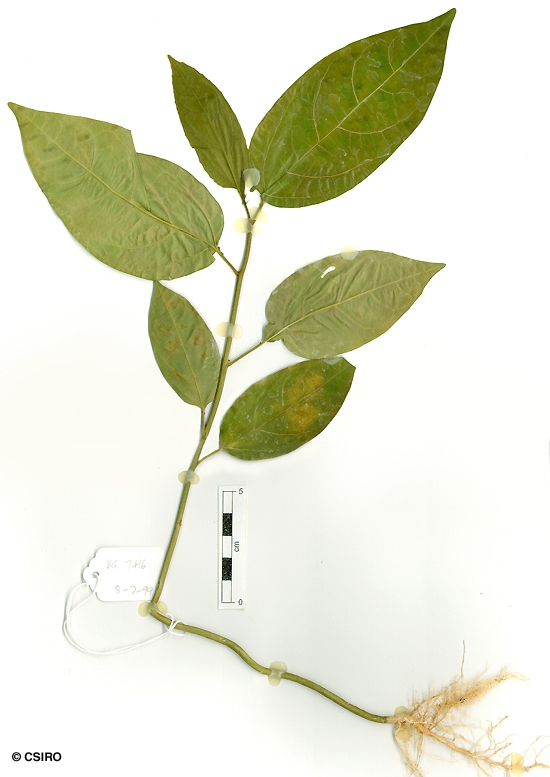
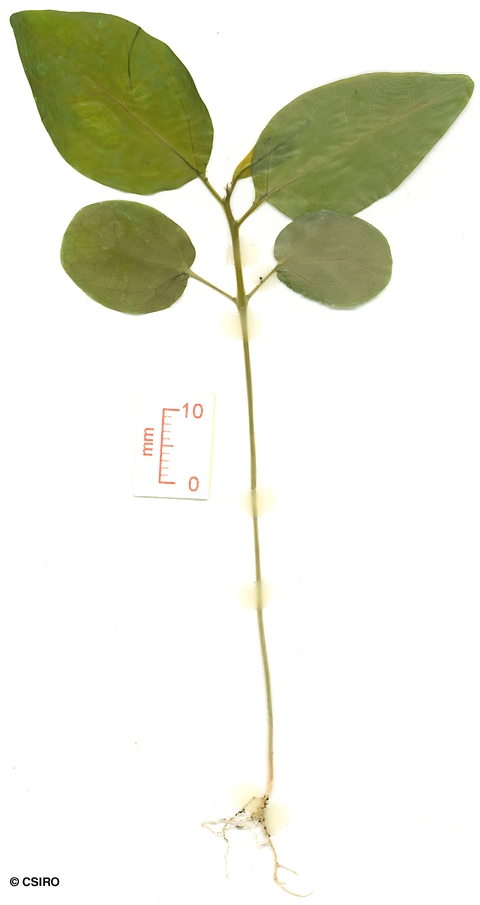

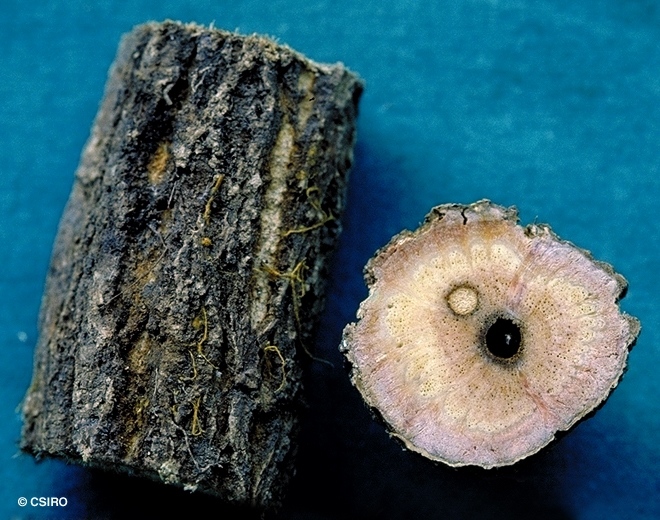
Sims, J. (1818) The Botanical Magazine 48 : t. 19. Type: Cultivated from material originally from Brazil.
Passion fruit; Common Passionfruit; Purple Passionfruit; Purple Granadilla; Purple Grenadilla
Leaf blades frequently three-lobed, about 8-12 x 6.5-14 cm, petioles about 2-5 cm long. Two raised glands present on the upper surface of the petiole just below its junction with the leaf blade. Stipules linear, about 5-12 x 1-3 mm, margins often toothed and glandular. Tendrils simple (unbranched) axillary.
Each flower subtended by three bracts, each bract about 2 cm long. Calyx tube (hypanthium) about 15 mm long, lobes about 30 mm long. Petals about 25 mm long. Corona (filaments) about 15-17 mm long. Staminal column fimbriate, filaments green spotted with purple. Ovary about 7 mm long. Staminal filaments about 7 mm long. Anthers about 10 x 5 mm.
Fruits obovoid, about 5 x 4 cm. Seeds laterally compressed, about 5 x 4 mm. Testa pitted on the outer surface. Aril +/- orange near the base of the seed but lemon-coloured towards the apex. Aril completely enveloping the seed. Endosperm slightly ruminate with small intrusions of the testa into the endosperm. Cotyledons much wider than the radicle.
Cotyledons +/- orbicular, about 16-19 x 14-16 mm, apex truncate to obtuse. Midrib branched, forking below the apex of the cotyledon and not extending to the apex. First pair of leaves +/- elliptic. Two small glands present on the upper surface of the petiole just prior to its junction with the leaf blade. At the tenth leaf stage: leaf blade elliptic, apex acuminate and mucronate, base obtuse. Two stalked glands, one on each side, present at the apex of the petiole. Midrib raised on the upper surface. Stipules linear, about 3.5 mm long. Seed germination time 21 days.
An introduced species originally from Brazil, now naturalised in NEQ, CEQ and southwards as far as coastal southern New South Wales. Altitudinal range in NEQ from near sea level to 1000 m. Grows in areas not subject to regular fires in open forest and wet sclerophyll forest, and in disturbed lowland an upland rain forest. The fruits are widely appreciated by rats, white cockatoos and people. Also naturalised in Malesia and the Pacific islands.
This introduced species is grown in gardens and commercially for the edible fruits. It is now naturalised widely.




